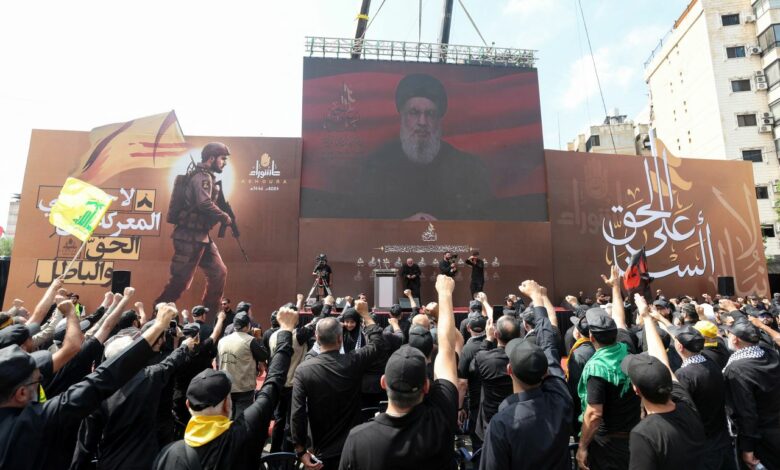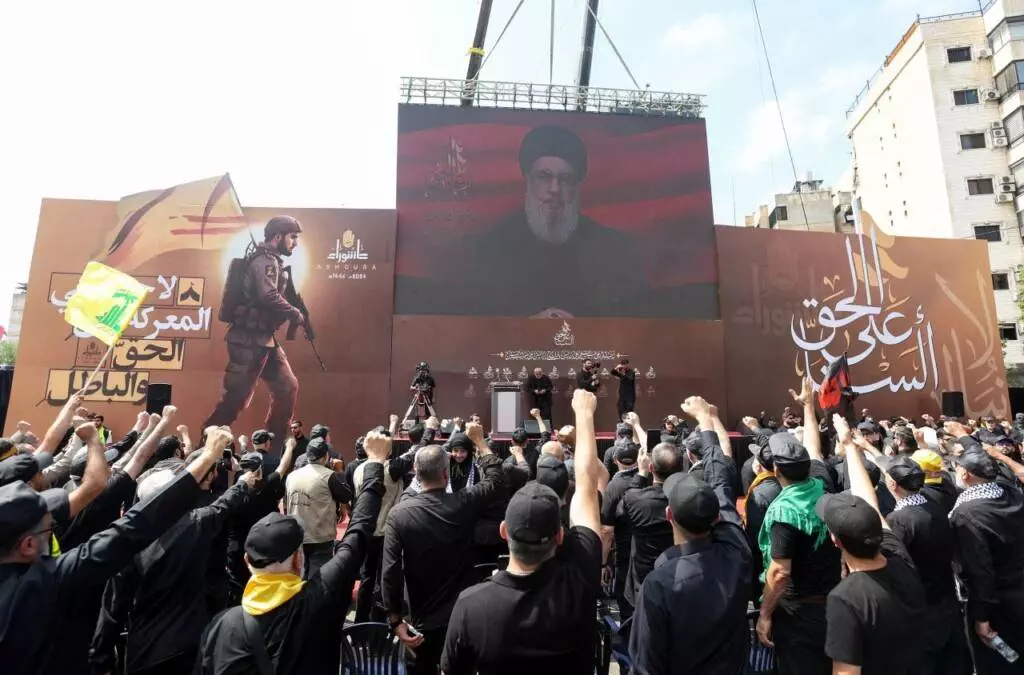Politics tamfitronics

While Nasrallah’s targeting is unlikely to disrupt the operational continuity of the movement it is “obviously a massive, massive demoralization amongst its ranks and supporters and absolute terror which will temporarily paralyze ordinary people” within the movement, said Amal Saad, a Hezbollah expert and lecturer in politics and international relations at Cardiff University in Wales.
“That doesn’t mean the organization is paralyzed,” she added. “Hezbollah is an organization that was built to absorb these types of shocks… it’s built to be resilient and outlast individual leaders.”
Few contenders for Hezbollah’s leadership can match Nasrallah’s popularity, said Hanin Ghaddar, a senior fellow at the Washington Institute and author of “Hezbollahland,” as he is closely associated with the group’s “golden days,” including the end of Israel’s occupation of southern Lebanon in 2000 and the 2006 Israel-Lebanon war, both of which were viewed as major victories for the Lebanese group.
If the group’s leadership is truly dismantled and coordination between Iran and Hezbollah is disrupted, it could prompt Iran’s Islamic Revolutionary Guard Corps (IRGC) to take the lead, according to Ghaddar.
“They (Iran) will have to find a way to do it themselves. But it’s not an easy option as they will (become) targets, and they don’t understand Lebanon.”
Back to top button


